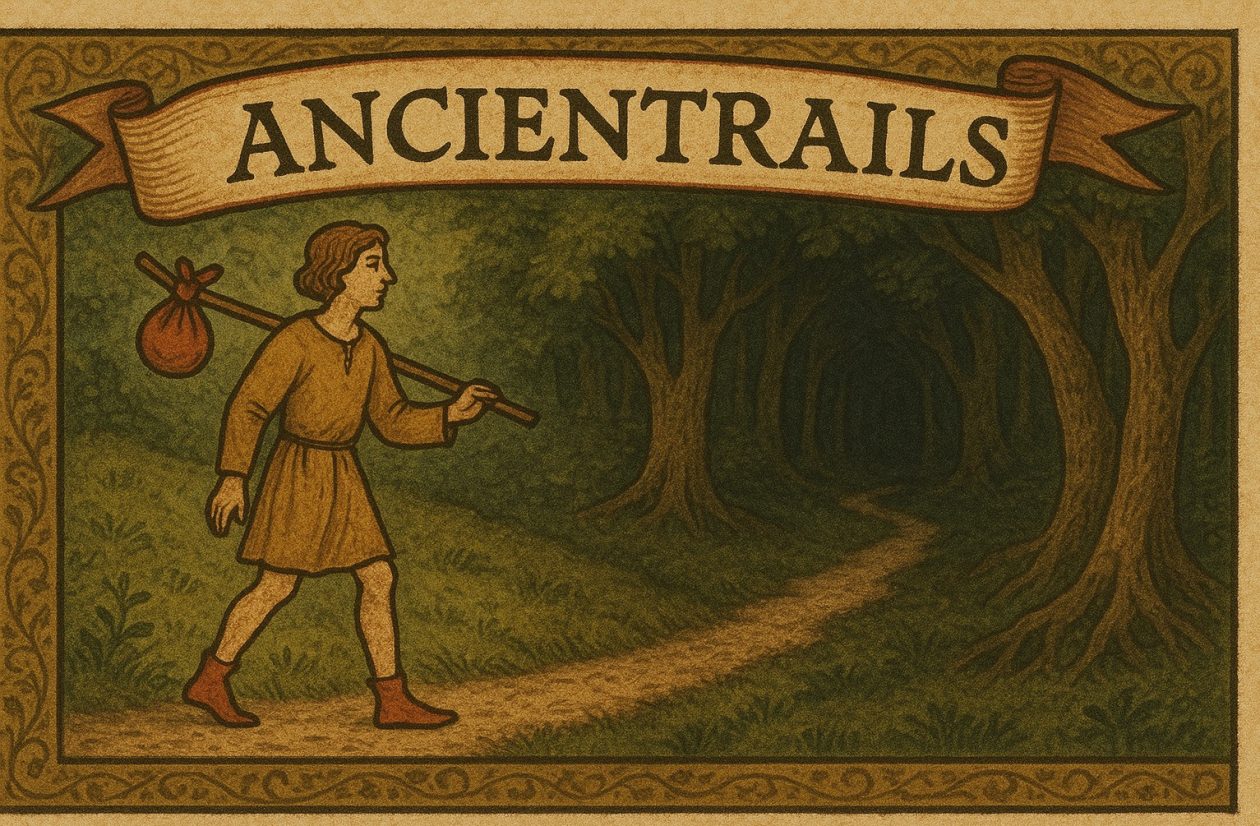Winter Waning Moon of Long Nights
In my freshman year of college, I became active against the war in Vietnam, protesting CIA recruiters on the campus of Wabash College. Over the subsequent years my political analysis and activism broadened and deepened, first to include civil rights, then issues related to economic justice. The anti-war work waned in the early 70’s and civil rights activism for me took a more cerebral route with anti-racism training and consulting.
At the same time I had moved into Minneapolis, the Stevens Square neighborhood, where General Mills Corporation had the bright idea of purchasing and rehabbing all the blighted buildings in our community. Most of us living there knew the logical outcome of this move. Lower income residents of Stevens Square would have to move out, the ethos of the neighborhood would become an extension of General Mills’ corporate largess and the neighborhood would lose the sense of self-determination it had gained only recently with organizing to save a park water pump in the Stevens Square Park that gave its name to the community. (Doesn’t sound like a big deal, but it became one.)
We fought them. A woman who would go on to become an attorney in the State Attorney General’s office and I led neighborhood group opposition to the plan. We turned away General Mills and developed, with city and federal grants, a planning process with a local urban planning consulting firm. It was among the first, if not the first, of the neighborhood developed community plans in Minneapolis. This was 1973 or 74.
This fight turned me into an advocate for the rights of low income neighborhoods to make their own decisions about their community’s destinies. I spent the next 12 years pursuing that vision at various levels and in different communities: Loring Park, Eliott Park and most intensively, Cedar-Riverside. This work further sensitized to me the central role economic justice plays in all of the issues I’d encountered. In other words, if people have decent paying jobs, they can afford quality housing and health care, good education.
Those structures that keep people locked into low income dreams and low income lives were the key points of attack for political work. I don’t know to this day whether I’m a socialist or a communist or a far left liberal, but I do know that until we can figure out how to level the economic playing field most of the issues affecting poor people and especially poor people of color will not go away and there will be no true justice in this or any other land.
Even so. A few years back Kate and I went to a conference in Iowa put on by Physicians for Social Responsibility. The focus was environmental issues. The conveners had put together speakers and panels of thoughtful, progressive folks. They explored a range of issues from climate change to renewable energy, local foods to clean water. Speakers also talked about Capitalism 3.0 and the need for a new economic system that would have different incentives. My political focus changed.
After that Iowa City conference, I came to believe that though human justice issues remain important, they will be exacerbated and even exceeded in importance by changes in our planet. My political center of gravity shifted during that conference to what Thomas Berry calls the Great Work for our generation–moving from a malign human presence on the earth to a benign one. This is not an optional change, either we become native once again to this planet that is our home, or it will scour us from its face. Since I love humanity and what we can be, what we so often are, I decided that the Great Work must be the focus of my political activity.
That was when I shifted from economic justice work to work with the Sierra Club, a group of activists whose concerns align with the Great Work; a place where my energy can help multiply the energy of others.
